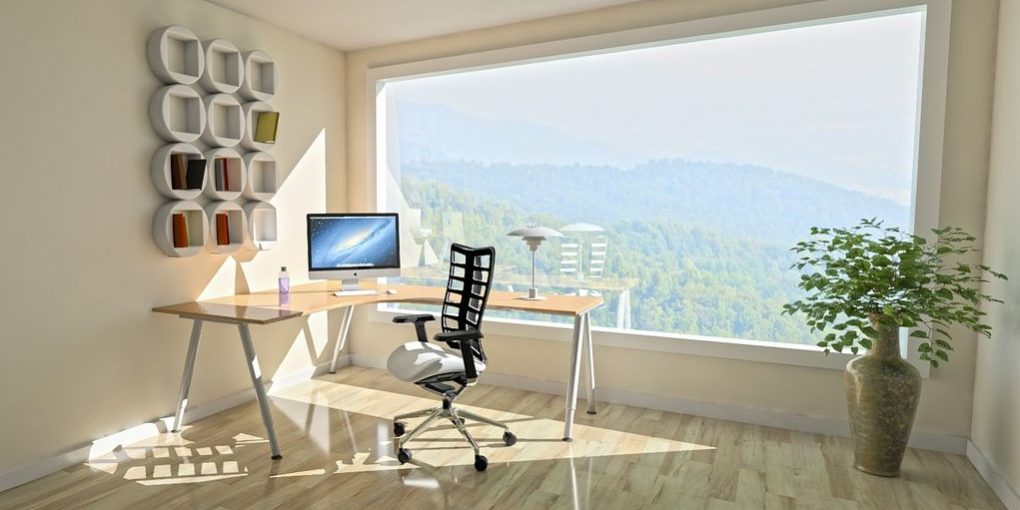By paying attention to the impact that home design may have on our minds and behaviour, we can create spaces that support our mental and physical health.
Neuroarchitecture studies how the built environment affects the brain and behaviour.
The Silestone Institute offers some tips on how to create spaces that promote well-being and productivity:
- Incorporate natural elements: Biophilic design, which integrates natural elements such as plants and water, has been shown to reduce stress levels and improve cognitive function. Adding natural elements to a space can create a calming and rejuvenating atmosphere.
- Pay attention to lighting: Lighting design can have a significant impact on our state of mind, energy levels and productivity. Natural light has been shown to improve mood and sleep quality, while bright artificial light can disrupt our circadian rhythms. It is important to choose lighting that is appropriate for the intended use of the space.
- Consider acoustics: The acoustics of a space can also have a significant impact on our brains and our behaviour. High noise levels can increase stress levels and decrease productivity, while well-designed acoustics can improve speech intelligibility and reduce noise levels.
- Create a sense of order: Cluttered and disorganised spaces can be overwhelming, while well-organised and visually stimulating spaces can improve our concentration and creativity. Creating a sense of order through design can help reduce anxiety and improve efficiency.
- Incorporate colour psychology: Colours can have a significant impact on our emotions and behaviour. Different colours can evoke different emotions, and architects are increasingly using colour psychology to create spaces that promote certain feelings or behaviours.
- Consider accessibility: Universal design aims to create spaces that are accessible to everyone, regardless of age, ability, or disability. By incorporating elements such as wider doorways, non-slip flooring and accessible technology, you can create welcoming and functional spaces for all.
